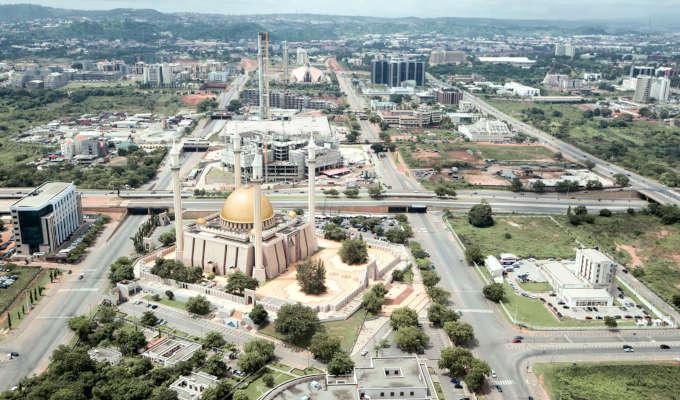In a bid to bridge Nigeria’s digital divide and extend essential services to underserved areas, the Federal Government has launched a Digital Village pilot project in Ibwa 2, Isuanin Kura, within the Gwagwalada Area Council of the Federal Capital Territory (FCT).
During the official launch of the initiative, Dr. Bosun Tijani, the Minister of Communications, Innovation and Digital Economy, highlighted the critical challenge of connectivity in Nigeria. He noted that more than 20 million Nigerians still lack access to telecommunications services.
According to a statement by the National Orientation Agency (NOA) on Tuesday, Dr. Tijani stressed that access to digital infrastructure should not be dictated by geographical location and reaffirmed the government’s dedication to ensuring equal access to connectivity across the country.
The Ibwa 2 Digital Village, which serves a community of over 12,000 people, has been equipped with several vital facilities to foster digital inclusion. These include free internet access, solar-powered infrastructure, and a digital learning hub featuring Huawei’s IdeaHub technology.
In addition, the village boasts a telemedicine-enabled health center to support the local community’s healthcare needs. Over 120 smartphones were also distributed to residents to help them engage with the digital world more effectively.
Dr. Tijani praised the partnership with Globacom and Huawei Technologies, acknowledging their key role in the success of the project.
He further described the Digital Village as a critical milestone in the government’s efforts to close the connectivity gap and bring underserved communities into the fold of the digital era.
Managing Director of Huawei Nigeria Enterprise,Terrence Wu, while speaking about the initiative, emphasized that it is an innovative and people-centered partnership. He explained that the project is built on three foundational pillars: mobile connectivity, digital education, and accessible healthcare.
Meanwhile, this collaboration marks a significant step forward in Nigeria’s pursuit of digital inclusivity, as the government seeks to ensure that no one is left behind in the digital transformation process.









